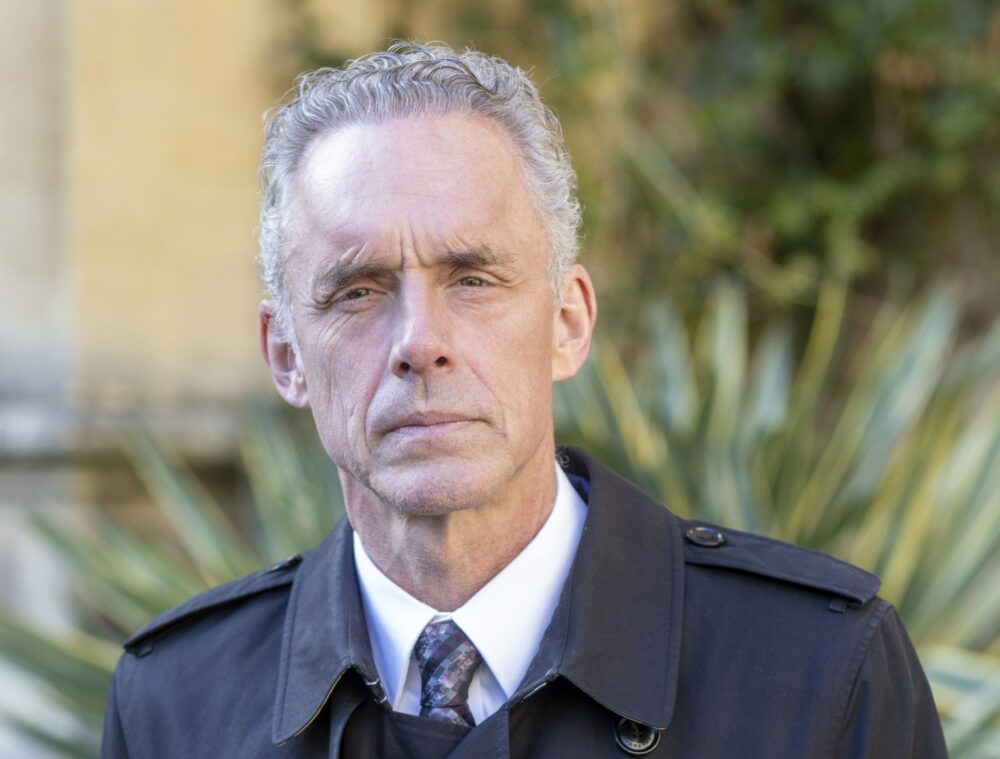Wendy and I were recently travelling back from Madrid via Amsterdam. The first leg of the journey was delayed, which meant we missed our connection. We knew there were no later connections that day and that we would be stranded overnight.
On arrival at Schiphol, we sought assistance from the ground staff. We walked past many self-service machines, assuming they couldn’t help us, and waited in a long queue. Once we reached the front, a staff member operated one of the self-service machines for us as if we were technologically incompetent. The self-service machine could issue a meal voucher, a hotel voucher, details of where to meet a shuttle to our hotel, and rebooking us on the next available flight. Human intervention from a staff member was, as it turned out, not required.
If I were in the same situation again, I’d use a machine independently rather than queue; of course, I would. This is great for the airline, saving them significant money in staffing costs.
But is ruthless efficiency the right approach here? A personable expression of sympathy and regret would seem to go a little further in building customer loyalty. It struck me as a little inconsistent that an airline that insists on using my name when handing me an in-flight meal doesn’t want to speak to me when things have gone wrong.
I recently bought a jacket online. It didn’t fit, even though it was labelled the same size as many garments I’ve bought from the same retailer.
I returned it to a branch of the chain from which I bought it. I was directed to use a self-service return machine. This was simplicity itself, aided by the chain using a unique identifying barcode for every garment sold. By scanning the tag, the machine could look up my details and process the return with a single confirmatory tap on the touchscreen. I wouldn’t hesitate to use the system again in the future.
Yet, this approach robbed the chain of the reason for my return and the opportunity for a linked sale: the next size up. It also removes any sense of empathy and any impression that the chain is doing anything to avoid similar situations in the future.
Reducing store staffing looks good for the bottom line, but I’m not sure it’s the right approach for the long run.
Amazon has been promoting delivery of orders by drone for years, yet it remains available only in a handful of locations. This New York Times article by David Streitfeld delves into how this works for people. I was particularly struck by the header video and the revelation that the drone drops packages from a height of twelve feet.
Amazon believes that this programme demonstrates a commitment to pushing the boundaries of technology in the service of its customers. I’m unsure that Amazon understands that the video of packages being dropped from such a height undermines any impression of care or concern about individual orders.
The image at the top of this post was generated by DALL·E 3.






